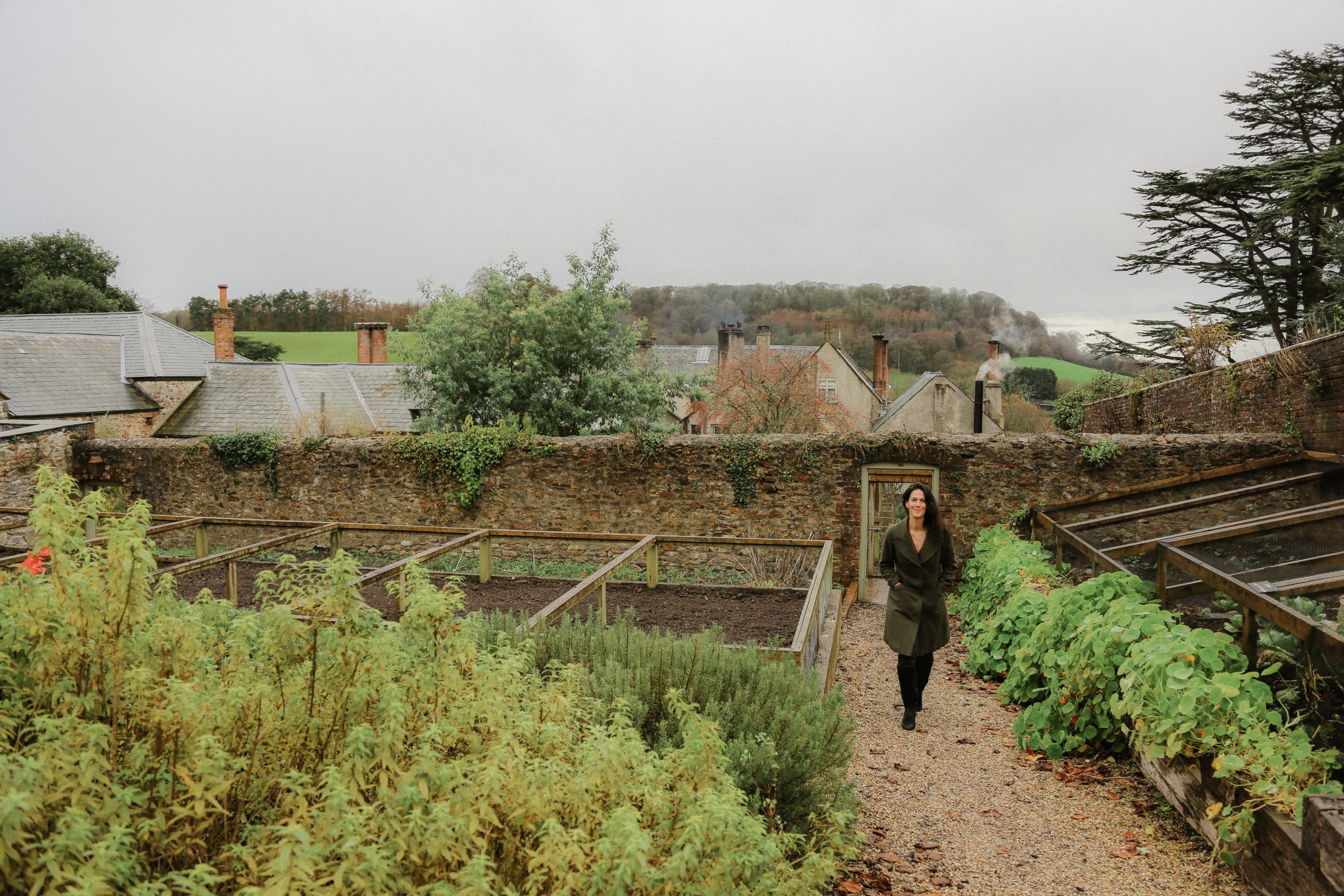“You are not only responsible for what you do, but also for what you do not do.”
— Shi Heng Li
In the perpetual hustle of the modern world, where productivity is revered and time is considered a precious commodity, rest may seem counterintuitive. After all, how can we turn off our creative minds? If you understand the nuanced dance between creativity and rest, fallow times are not just a pause. They are a vital part of the creative process. Embracing a slower pace helps to nurture creativity and the quality of our ideas.
The Rhythm of Creativity
First, think like a composer who creates pauses for effect between notes. A composer appreciates the power of silence to enhance the melody. Writers can also benefit from embracing rest to nurture their creativity. I know how this feels oddly counterintuitive. I have learned that these periods of apparent inactivity are not voids to be filled. They are spaces where ideas germinate, thoughts mature, and distance is achieved to look at our writing with a critical eye. I especially want my students to keep this in mind as there is a month-long break between classes.
The Myth of Constant Productivity
Second, in a world that glorifies constant productivity, it’s easy for writers to fall into the trap of perpetual output. However, just as a field left fallow becomes more fertile over time, the mind needs periods of rest to rejuvenate and replenish. The belief that every moment must be filled with writing can lead to burnout and creative stagnation. Remember that recreation means to re-make, to create again.
The Art of Reflection
Third, fallow times offer writers opportunities for reflection and introspection. It is during these moments of quiet that the mind processes experiences, digests information, and forms connections between seemingly disparate ideas.
Recharging the Creative Well
Lastly, in a world that often demands constant output and immediate results, I hope my approach serves as a reminder that creativity is a nuanced and cyclical journey. By embracing some rest during winter, and not feeling guilty about it, writers can cultivate a deeper connection with their craft. This allows ideas to gestate, creativity to flourish, and narratives to unfold in ways that transcend the boundaries of rushed productivity. Writers discover the richness of quietude, the power of reflection, and the inexhaustible wellspring of creativity that lies within.
